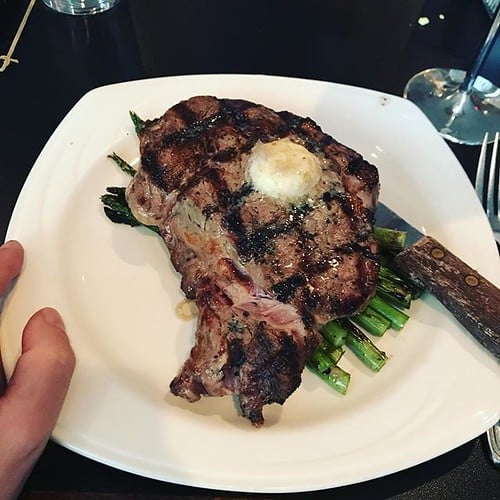It’s no secret that protein is an important part of a healthy diet. But what if you’re looking to get your protein from plant-based sources? Is it possible to get enough protein from plants alone?
The answer is, unfortunately, no. While there are many plant-based sources of protein, they don’t provide the same amount of protein as animal sources do. This means that if you’re looking to get enough protein in your diet, you’ll need to supplement with other sources.
What Is Protein?
Protein is a macronutrient that helps build and repair cells in the body. It’s made up of amino acids, which are essential for growth and development. Protein can be found in both animal and plant sources, but animal sources tend to have more complete proteins than plants do.
How Much Protein Do We Need?
The amount of protein we need depends on our age, gender, activity level, and other factors. Generally speaking, adults should aim for 0.8 grams of protein per kilogram of body weight per day (or about 0.36 grams per pound). For example, if you weigh 70 kilograms (154 pounds), you should aim for 56 grams of protein each day.
Plant-Based Sources Of Protein
There are many plant-based foods that contain some amount of protein. Some examples include:
- Tofu, tempeh, and edamame
- Lentils
- Chickpeas
- Peanuts
- Almonds
- Spirulina
- Quinoa
Why Aren’t Plant Proteins Complete?
Unlike animal proteins which contain all nine essential amino acids needed by the body for growth and development, most plant proteins are incomplete because they lack one or more essential amino acids. This means that while they may provide some benefits when eaten alone or in combination with other foods, they won’t provide the same amount of nutrition as animal proteins will.
How To Make Sure You’re Getting Enough Protein From Plants Alone
If you’re looking to get enough protein from plants alone, it’s important to make sure you’re eating a variety of different types of plant proteins throughout the day so that your body can absorb all the essential amino acids it needs for growth and development. Additionally, it’s important to pair certain types of plant proteins together so that they can form complete proteins (such as pairing rice with beans). Finally, adding nuts or seeds to meals can also help boost their overall nutritional value and ensure that you’re getting enough complete proteins in your diet.
While there are many plant-based sources of protein available today, it’s not possible to get enough complete proteins from plants alone due to their incomplete nature. To ensure that your body is getting all the nutrients it needs from plants alone, it’s important to eat a variety of different types throughout the day and pair them together when necessary so that they form complete proteins. With this approach in mind, it is possible to meet your daily recommended intake without having to rely on animal products for additional nutrition!


